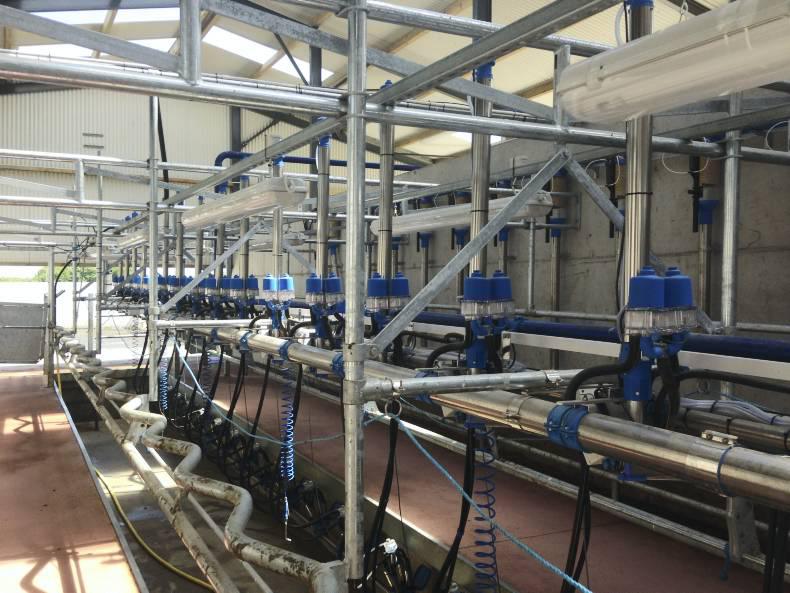Dairies will need to increase milk price payments for liquid milk producers contracted to calve cows in the autumn in order to compensate for the massive fall in the base price, Cashman has said. This is due to winter liquid milk producers having much higher costs than spring milk producers, based on the cost of feed in the absence of grass.
He said that while retail prices for liquid milk remain unchanged, base prices have seen successive drops and they are now closer to 25c to 27c/litre than the 40c/litre required by winter liquid milk producers to break even.
“Dairies and retailers need to work together to deliver viable winter payments to specialist liquid milk producers to sustain supplies of fresh milk for consumers on supermarket shelves,” the chairman said.
“It is clear that current milk pricing mechanisms negotiated with dairies on the basis of last year’s stronger base milk prices will not be adequate to fairly remunerate liquid milk producers this year.”
Dairy farmers have seen continuous price cuts by dairy processors over the last 16 months, culminating in the cuts announced by most of the major processors over the last two weeks.
It is understood that negotiations by dairies with certain retailers are currently ongoing and talks on winter premiums between dairies and farmer production groups will also get under way from September. Winter liquid milk producers usually get a bonus of between 1c/litre and 3c/litre for winter milk production, but given the recent drop in base prices, they will be hoping to increase this margin at next month’s negotiations.
UK protests
Following weeks of protests by dairy farmers in the UK over a low milk price, British supermarket retailer Morrisons has pledged 26p/litre to UK farmers from later this month and ASDA said last Thursday it would pay 28p/litre. German-headquartered discount giants Aldi and Lidl have also raised the price, promising to pay UK farmers 28p/litre (38c/litre) for milk from Monday 17 August.
Reacting to the announcement of Aldi and Lidl's increases, Pat McCormack of the Irish Creamery and Milk Suppliers Association (ICMSA) said that Irish farmers looked forward to receiving a similar price assurance as soon as possible, as such an increase would be some 10c/litre more than most Irish milk suppliers are currently receiving.
McCormack called on the German retailers not to differentiate between Irish and British suppliers in terms of a minimum price and said Irish milk suppliers were “entitled to assume that Aldi and Lidl will commit to a similar currency-adjusted minimum price here within the next few days”. He also said the announcement would prompt an intriguing question as to why Aldi and Lidl could pay a price equivalent of 38c/litre, but Dunnes, Supervalu and Tesco “could not – or would not”.
He added that the milk price to Irish farmers has fallen by about 35% in a year, but hasn’t fallen to the consumer by a single cent. “Retail multiples had obviously gobbled up the farmers’ margins and are now in the position where they seem happy to watch milk suppliers actually losing money on producing the milk on which they – the supermarkets – are now taking an even bigger margin.”






 This is a subscriber-only article
This is a subscriber-only article










SHARING OPTIONS: